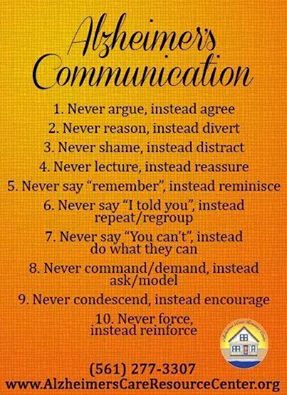Talking to Carers
 Posted on 30 Mar 2015
Posted on 30 Mar 2015
As we start our new sessions, whether these be at care homes or within smaller group settings, it is clear that most people have similar concerns. “My husband doesn’t remember doing something 5 minutes after we’ve finished”, “My wife has no interest in our photographs any more”, “We have no computer at home so could we print this out?”
Of course, all concerns need to be listened to and addressed individually. Much in the same way as we are all different ourselves, but I think it is important that people know they can try our sessions and see the benefits for themselves without having to worry about any obstacles. Even as a social benefit, the sessions mean contact with other carers who have similar issues and can understand. It allows a relaxed, enjoyable activity where friendships can form and where we can all share a fascinating insight into the lives of people we care about. There is lots of laughter during the session too, and laughter is a great tonic, whether for the person who has dementia, or the carer.
When creating a book it is important to stress that size definitely doesn’t matter in this case! We have plenty of service users whose books are relatively small (5 or 6 pages) but they contain everything in them that helps that individual to share in conversation (one photograph for example can lead to many different conversations) or simply smile. A book made up of music for example, can be all that’s needed for someone in the later stages. And because the book is not printed, it can be added to and changed around even after the sessions have finished.
Don’t get too hung up about finding things to bring in – maybe details of person’s life have been forgotten – it doesn’t matter. There is a wealth of information and resources out there on the internet – for example old televised football matches, film clips, songs, archive footage of a town during the 1950s, old postcards, Google Street View (where you can see what a house and street where you grew up in looks like now). These are all a great place to start. In fact during the sessions we become detectives. Seeking out the best ways we can connect with the person we care for and helping them smile and reminisce. We are entering their world, rather than trying to bring them into ours.
I found a little list online the other day which I thought I’d share. Sometimes it can be a case of adjusting the way we work ever so slightly that can make all the difference.
Further Blogs - BBC Radio Wales – Pictures and Music »
